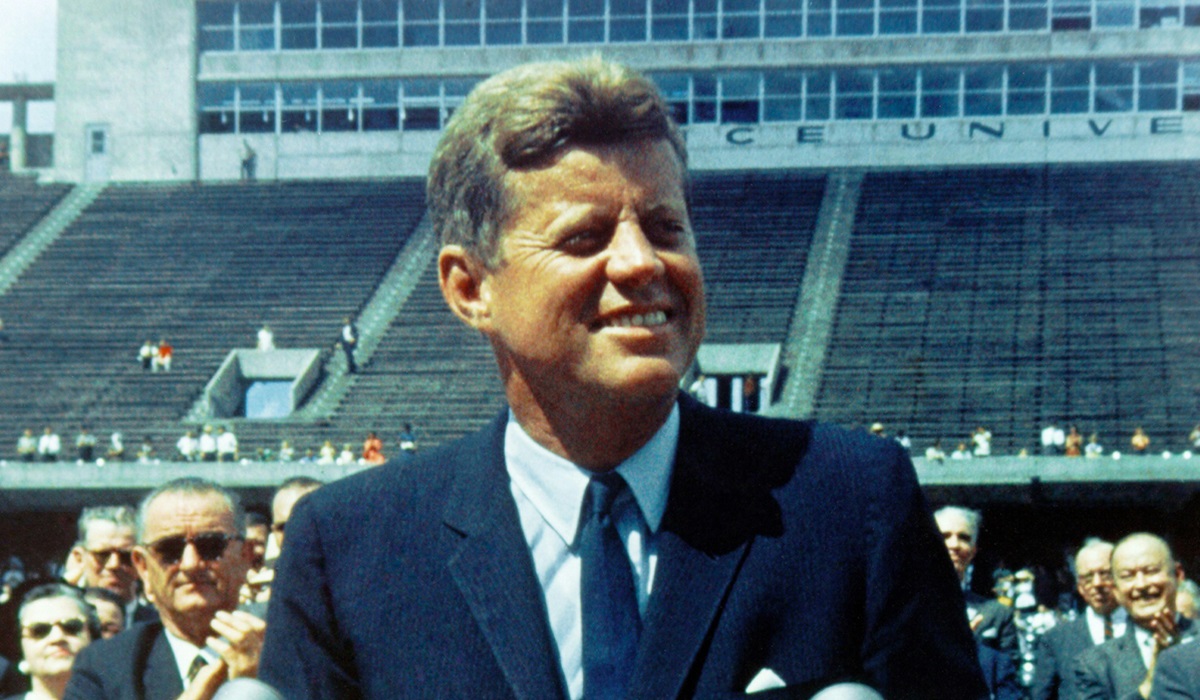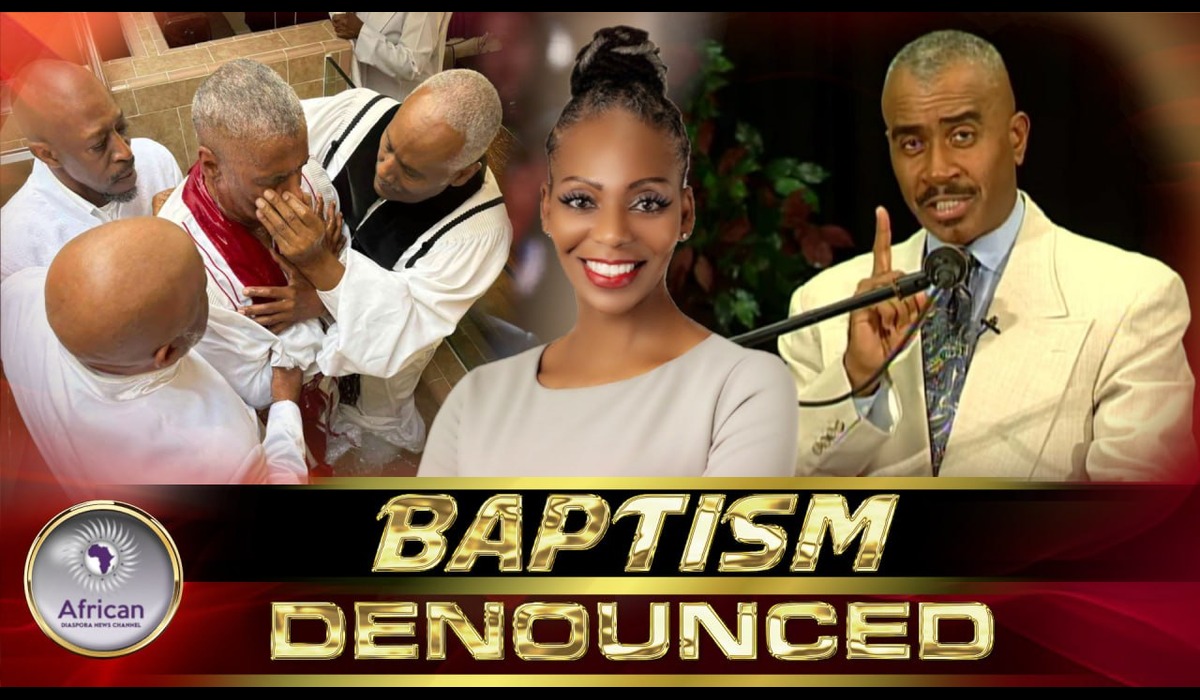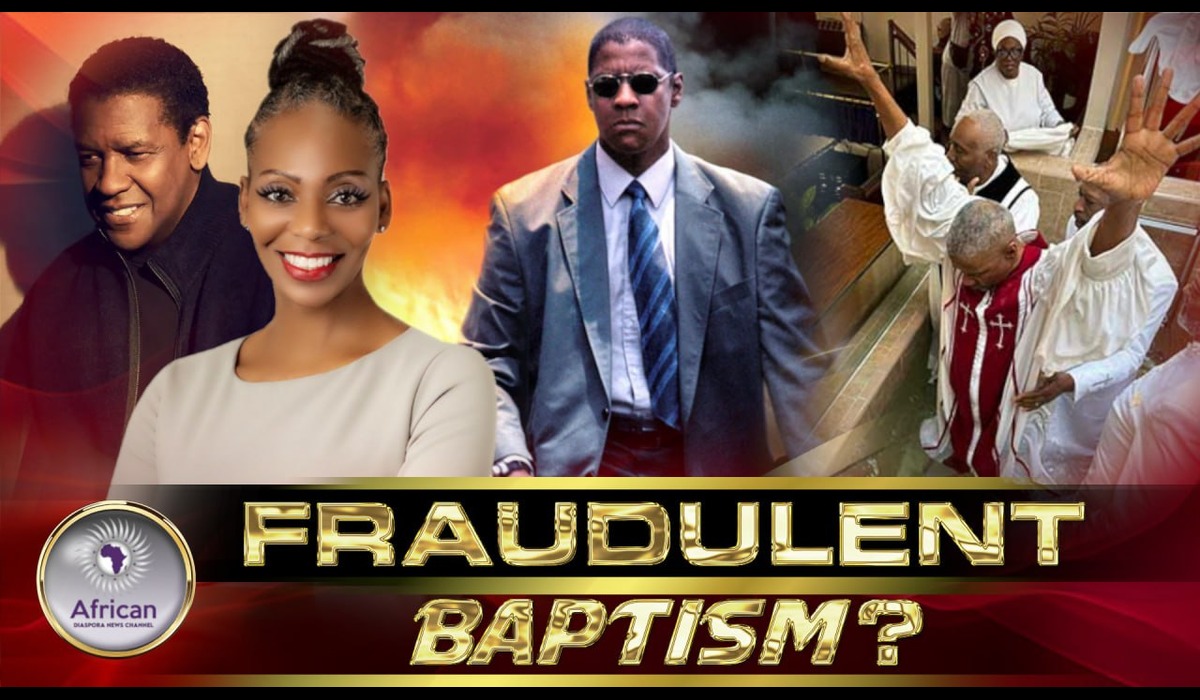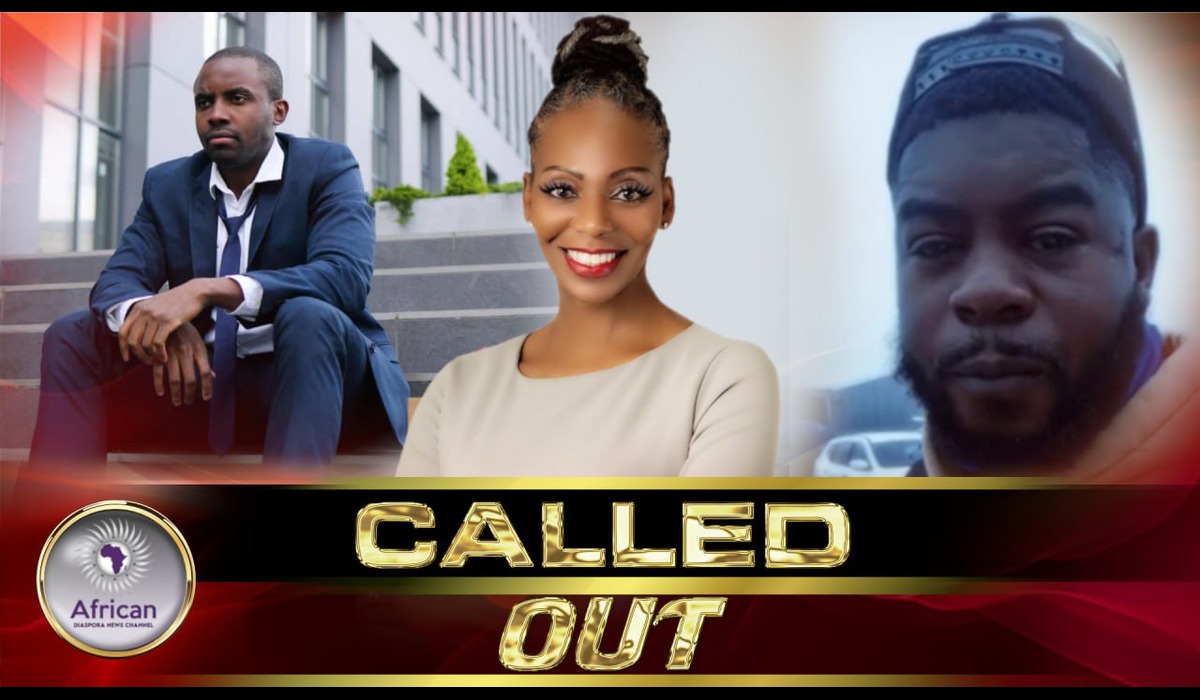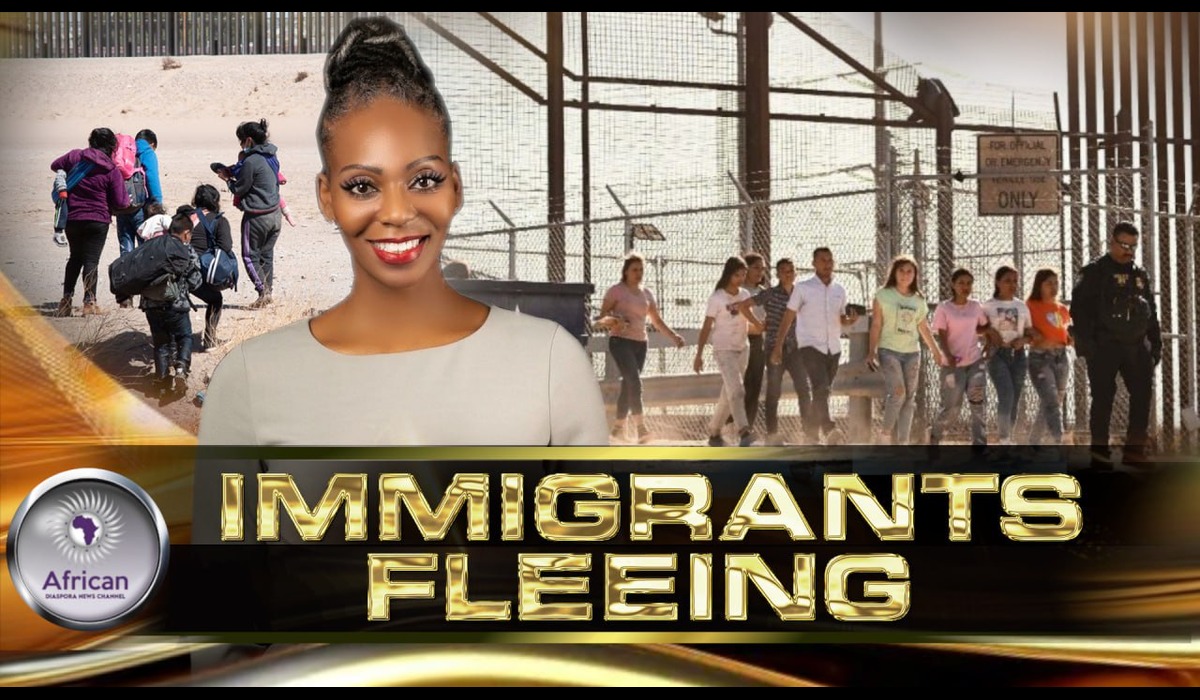The Silent Oppression: How Felony Disenfranchisement Suppresses Black Voices
- TDS News
- U.S.A
- July 20, 2024
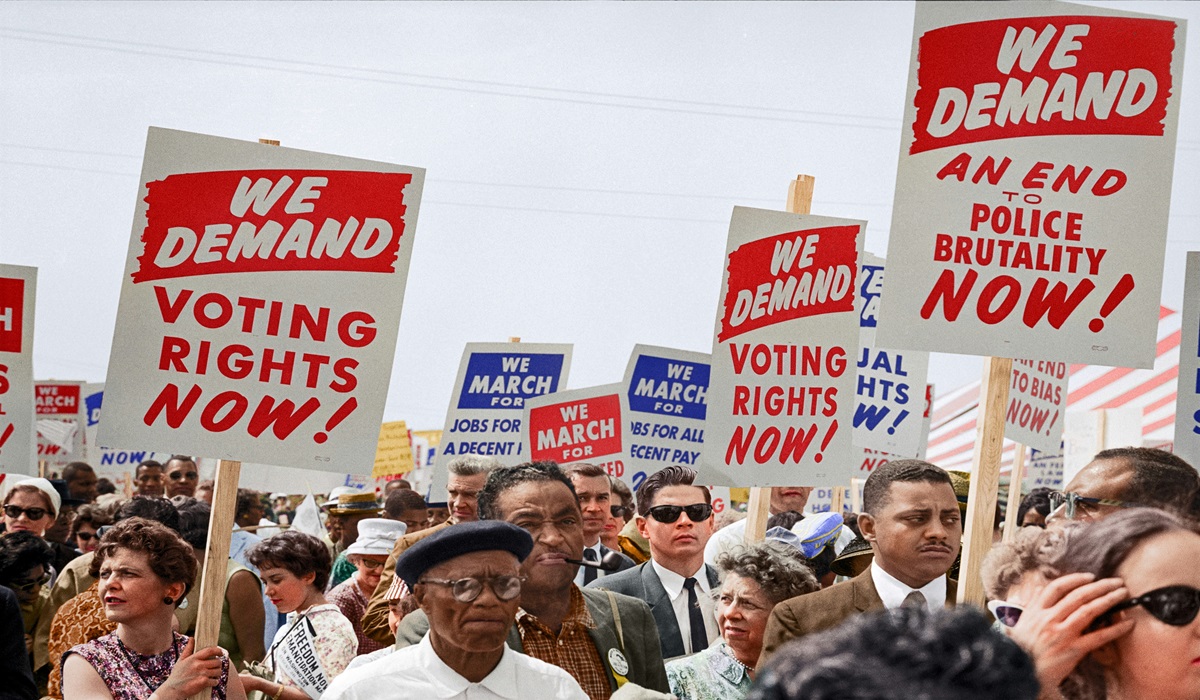
Image Credit, Clay Banks
The recent decision by the U.S. Court of Appeals for the Fifth Circuit to uphold Mississippi’s archaic and draconian felony disenfranchisement laws is a stark reminder of the entrenched racial injustices that continue to plague the American legal and political systems. This ruling perpetuates a grossly discriminatory practice, underscoring the systemic racism that underpins such laws, designed explicitly to suppress the voices of Black communities.
Felony disenfranchisement laws have a deeply racist origin, emerging in the post-Reconstruction era as part of the broader Jim Crow framework aimed at reasserting white supremacy in the Southern United States. By stripping Black citizens of their voting rights, these laws ensured that political power remained firmly in the hands of white elites. Mississippi, with its notorious history of racial oppression, enacted some of the harshest disenfranchisement statutes, explicitly targeting crimes more likely to be committed by Black individuals.
Today, the legacy of these laws continues to devastate Black communities. In Mississippi, a state with a significant Black population, the lifetime voting ban for those with disqualifying criminal convictions disproportionately affects Black citizens. According to The Sentencing Project, an estimated 4.4 million people are disenfranchised due to a felony conviction, with three out of four living in their communities, having fully completed their sentences or remaining supervised while on probation or parole. Florida remains the nation’s disenfranchisement leader in absolute numbers, with over 1.1 million people currently banned from voting, often because they cannot afford to pay court-ordered monetary sanctions. One in nineteen African Americans of voting age is disenfranchised, a rate 3.5 times that of non-African Americans.
The court’s ruling that Mississippi’s felony disenfranchisement laws can only be changed by the state legislature is a travesty of justice. It ignores the fundamental principle that voting is a constitutional right, not a privilege that can be whimsically revoked. The dissenting judges in the Fifth Circuit case rightly emphasized that the deprivation of the right to vote “saps citizens of the ability to have a say in how and by whom they are governed,” branding the lifetime ban as “an exceptionally severe penalty.” This decision solidifies the status quo, ensuring that those who have paid their debt to society remain perpetual outcasts in the eyes of the law. It reinforces a cycle of disenfranchisement and marginalization, where individuals, often wrongfully convicted or excessively penalized, are permanently stripped of their fundamental right to participate in democracy. This is not merely an administrative oversight; it is a deliberate act of racial discrimination.
The fight against felony disenfranchisement is far from over. Advocacy groups like the Southern Poverty Law Center (SPLC) and Simpson Thacher & Bartlett LLP are committed to challenging these unjust laws. As Ahmed Soussi, Staff Attorney at the SPLC, poignantly noted, the court’s decision upholds a “discriminatory lifetime voting ban on individuals, a majority of whom are Black and brown, who have already served their sentences.” Reversing these laws requires a multifaceted approach. Legal battles must continue, challenging the constitutionality of disenfranchisement statutes. Simultaneously, there must be a concerted effort to mobilize communities, raise awareness, and push for legislative changes at the state level. The restoration of voting rights to former felons is not just a legal issue; it is a moral imperative, crucial for the health of our democracy.
The ruling by the Fifth Circuit is a dark chapter in the ongoing struggle for civil rights in America. It highlights the enduring legacy of racist laws designed to suppress Black political power. As we confront this injustice, it is essential to remember that the right to vote is the lifeblood of democracy. Denying this right to those who have served their sentences is a profound violation of human rights and an affront to the principles of justice and equality. The battle to restore voting rights to disenfranchised individuals is a fight for the soul of our nation. It is a fight to ensure that every voice, especially those that have been systematically silenced, is heard. Only then can we begin to rectify the deep-seated injustices that continue to mar our democratic process.

